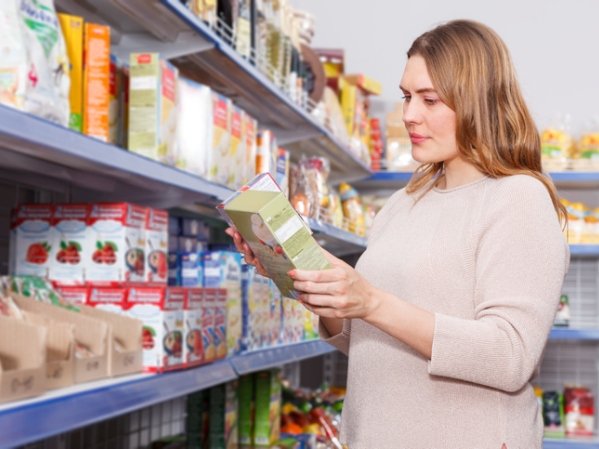An upgrade to the Health Star Rating system, making it tougher on sugar and salt, comes into force in New Zealand this month.
The system helps consumers make healthier food choices by weighing up the overall nutritional benefits of packaged foods, says New Zealand Food Safety’s Deputy Director-General Vincent Arbuckle.
“We know people lead busy lives and it can be difficult to make good choices at the supermarket. The Health Star Rating has been designed by nutritionists and health experts to cut through the confusion and give people nutritional information at a glance.”
Foods with more stars are healthier than similar foods with fewer stars – however, stars are not intended to be used to compare different types of foods.
Introduced in 2014, the trans-Tasman system has been enhanced after a 2019 review found it was performing well, and suggested improvements to better reflect dietary guidelines.
Key changes include lower ratings for products with high levels of sugar and salt – including sugary breakfast cereals and fruit juices – and automatic 5-star ratings for minimally processed fruit and vegetables.
“We heard some people had issues with ratings discrepancies and we’ve listened to their concerns,” says Arbuckle. “By using the best and latest science from a range of experts, and getting tougher on sugar and salt, those issues have been addressed and the system is more robust.
“Consumers can be confident of making even better on-the-spot decisions thanks to the upgrade.”
As of this month, all manufacturers participating in the opt-in system are required to have updated their labelling to reflect the changes.
The Health Star Rating system remains voluntary – and there is no government charge to use it – but if uptake by manufacturers does not meet a 70% target by 2025, government will consider making the system mandatory.
By mid-2021, more than 5,600 products in supermarkets had health stars on their labels, including both manufacturer and in-house brands at Countdown, Four Square, New World, and Pak’n Save.
Uptake monitoring will next be done in November 2023, to assess progress against an interim government target of 50% of intended products displaying the stars.



